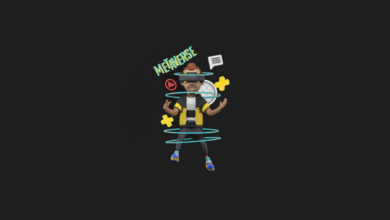
Socialize and Learn Effortlessly on Metaverse
The metaverse, a 3D virtual world, is not only a topic of interest within the technology industry but also among behavioral scientists. Recent research indicates that engaging in activities within the personalized metaverse can offer a more authentic experience, significantly reducing social anxiety for individuals.
Furthermore, it has been observed that educational sessions conducted in this virtual universe have the potential to enhance student success.
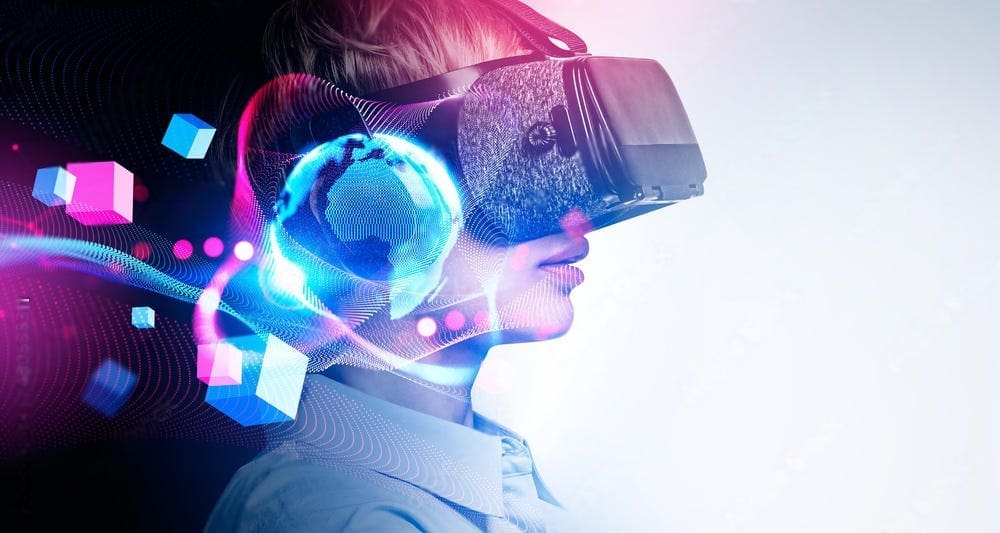

Dr. Erdem Erkul, the founder of Cerebrum Tech, which offers metaverse solutions to corporate companies and educational institutions, observed significant changes in the wake of the pandemic. “The rapid shift to remote work and distance education has reshaped our daily lives.
Research indicates that students find it easier to communicate during sessions when they are represented by avatars, leading to enhanced interaction in educational settings. Similarly, business meetings conducted in the metaverse are more dynamic and fruitful. With the introduction of personalized avatars, the metaverse is poised to garner even greater interest,” he said.
As the technology world increasingly focuses on the metaverse, questions about its economic impact and potential effects on social life and human psychology are rising. Recent studies in behavioral sciences and psychology are keenly exploring the implications of metaverse technologies, including virtual reality (VR) and augmented reality (AR).
Findings suggest that participating in metaverse activities with avatars significantly reduces social anxiety, helping individuals to more easily overcome fears such as public speaking or the worry of being judged negatively. Moreover, avatars in the virtual world facilitate a level of interaction surpassing that of traditional video conferencing tools.
Students who attended virtual classes got higher grades
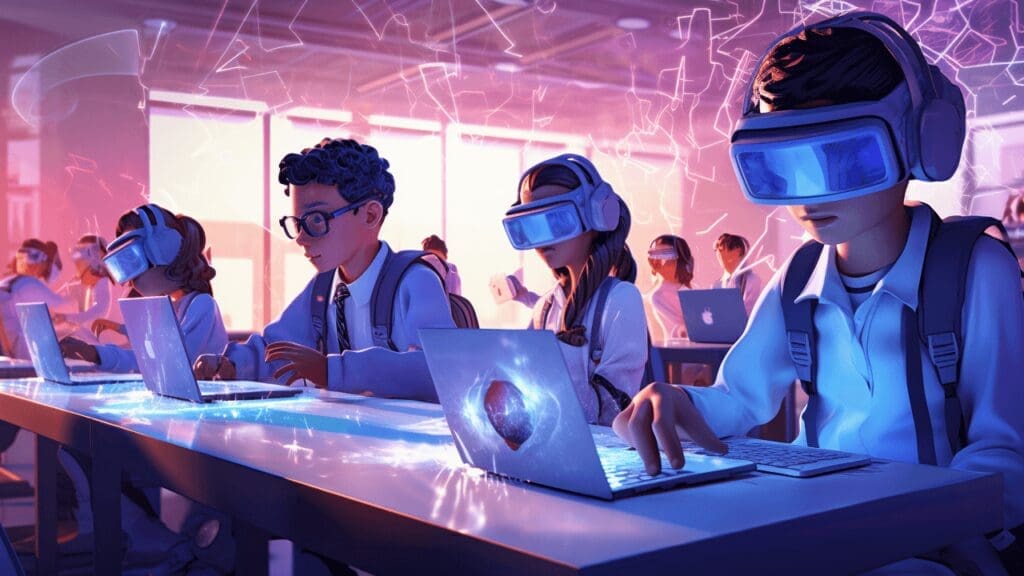

Research has shown that students achieve greater success in their educational pursuits within the virtual universe, particularly in academic settings. In studies focusing on foreign language education in China, it was discovered that students who participated in classes enhanced with digital materials in the virtual world through their avatars learned more rapidly.
This is attributed to their active participation without fear of speaking up, leading to their scoring approximately 20 percent higher on exams. Similar studies conducted in the USA and France have observed that students feel more at ease and engage more freely in classes when represented by avatars.
“Artificial intelligence teachers” on the agenda in distance education
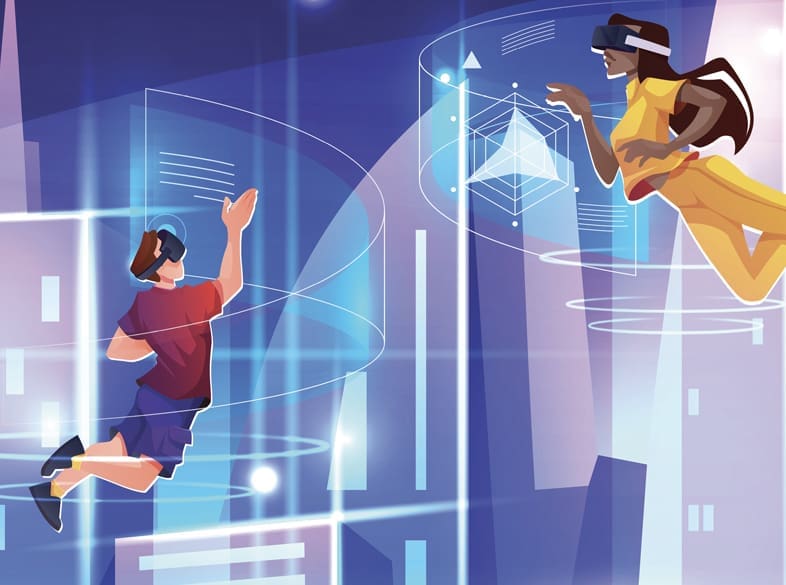

Erdem Erkul, Founder and Chairman of the Board at Cerebrum Tech, a cutting-edge technology company providing metaverse solutions for corporations and educational institutions through its 3D communication platform, CereMeet, shared insights on the evolving landscape in the wake of the pandemic.
“The pandemic has brought to the forefront the advantages and opportunities that metaverse technologies offer. We’ve quickly adapted to remote working and distance learning. Traditional video conferencing tools fall short in fostering meaningful interactions.
Conversely, the metaverse facilitates more engaging and effective meetings and events for the business sector, while also supporting sustainability goals through cost reduction and lower carbon emissions. Meetings conducted within the Metaverse have shown to boost employee productivity. This shift is mirrored in the educational sector, where distance learning and certification programs are gaining worldwide traction.
We are collaborating with prestigious higher education institutions in our country to bring the metaverse into the realm of education. The use of digital materials in the Metaverse can significantly enhance the learning experience. Moreover, with the advent of AI voice assistants, students will soon be able to join their desired courses and inquire about unclear topics using these advanced technologies.”
Realistic avatars increase the “being there” feeling
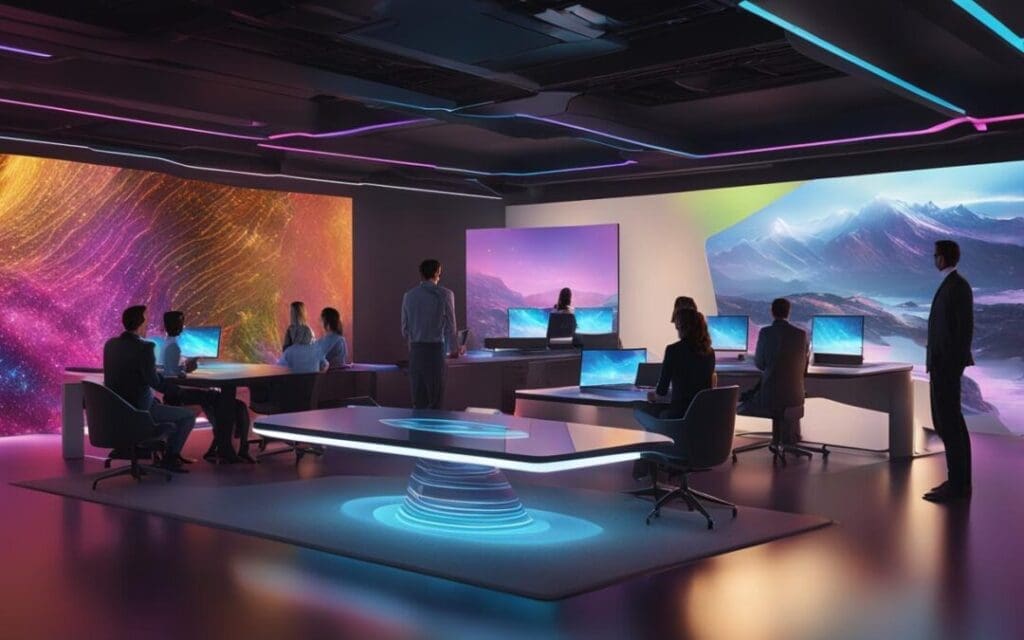

A study conducted by Stanford University’s Virtual Interaction Laboratory, published in December, found that virtual environments simulating expansive architectural designs or natural settings can lead to reduced stress levels and enhance positive emotions such as happiness.
Conducted with 272 participants over an eight-week period, the research demonstrated that personalized avatars resembling the users themselves facilitated a stronger sense of presence and greater harmony in interactions with others within these environments.
Additionally, the study suggests that the more time spent in the virtual universe, the more realistic the experience becomes, highlighting the preference for personal avatars in professional settings.
You may also like this content
- The Metaverse: What it is, How to Enter, and Its Potential Impact
- Metaverse 5 Reasons Why its Awesome
- Metaverse Coins Buying Guide
Follow us on TWITTER (X) and be instantly informed about the latest developments…




